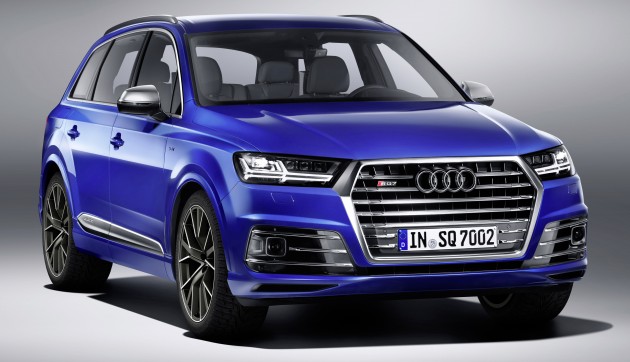
There was a time when a turbocharged vehicle was considered exotic. Turbochargers, which can increase a car’s horsepower up to 60%, were installed only sports and race cars. Today, turbochargers have become a popular in standard passenger cars too. The reasoning in this case is that the car companies can install smaller motors in their cars when a turbocharger is used. This is advantageous because smaller motors get better gas mileage and pollute less.
How they work
All internal combustion engines generate powerful exhaust gases. Turbochargers harvest the energy of these exhaust gases and uses it to drive a small turbine. This turbine, in turn, is used to pressurize an engines incoming air. If you take a look at a turbocharger, it looks like a small fan with blades at either end. One end spins via the exhaust gases and the other end blows air into the engine.
Despite decades of improvements, all turbochargers suffer from something called “turbo-lag.” Turbo-lag is the delay in response that occurs when a turbocharger kicks in. This can be quite annoying when you need to accelerate quickly, as race cars do. Engineers have improved turbochargers over the years but turbo-lag still is a problem. Bottom line: it’s hard to make a turbocharged engine deliver the immediate response of a naturally aspirated engine.
A solution
Instead of driving the turbo with exhaust gases, why not drive it with an electric motor? An electric motor can respond within 250 milliseconds to a push on the gas pedal, so there really isn’t any turbo lag. It seems like a perfect solution. The electric motor to drive the turbo will have to be quite powerful and will probably likely need more 48 volts to power it. This is a major issue for engineers because higher voltages will require special alternators, multiple batteries and heavy wiring.
Is anyone doing it?
Most of the major automobile manufacturers are either looking at or are making electric turbo technology. The folks at Winner Auto Group (Tilton, NH) are proud to point out that the Audi SQ7 TDI sedan was one of the first vehicles with an electric turbocharger installed. To drive it, a special 48-volt electrical sub-system installed. The results are impressive: Audi says their sedan SQ7 TDI with a 429-hp 4.0L V-8 diesel can hit 62 MPH in 3.6 seconds. That’s a fast diesel!
The future of electric turbos
If the electric turbocharger concept works well, it should proliferate rapidly. The driving public is going to love the fact that there is no turbo-lag. Electric turbochargers are unlikely to be seen on economy cars anytime soon but we should see it becoming common on larger, luxury sedans.
